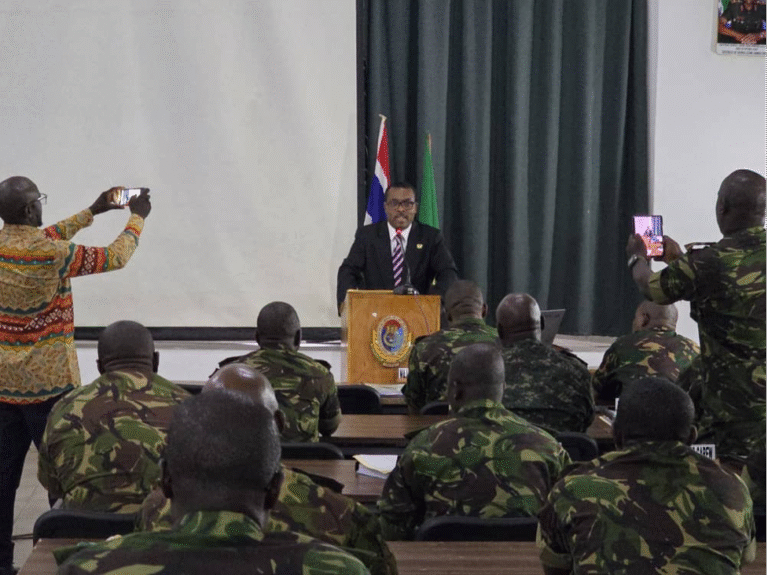In a significant move to expand electricity access across unserved communities, the Electricity Distribution and Supply Authority (EDSA), in partnership with the World Bank, has launched the rollout of a subsidized electricity meter installation initiative in Waterloo, Western Area Rural District.
The initiative is part of the Enhancing Sierra Leone Energy Access Project (ESLEAP), aims to improve meter connectivity while easing the financial burden on consumers. Under the new scheme, customers will receive free electricity meters, but will be required to pay a mandatory installation fee of NLe 1,500 for a single-phase meter and NLe 2,500 for a three-phase meter.
Speaking at the launch, EDSA officials emphasized the importance of the project in promoting transparency in electricity usage, reducing illegal connections, and ensuring reliable access to power for households and businesses.
“This intervention is not just about providing meters—it’s about empowering communities with reliable and affordable electricity. It supports the government’s broader goal of expanding energy access and reducing technical losses,” said Ag. Director General, Ing. Francis Nyama.
EDSA will ensure that customers can collect and submit application forms at the EDSA substation near the Benguema Military Barracks in Waterloo. Once the form is submitted and all requirements met, meters will be installed within one week, said the Communications Manager, Sahr Nepor.
In a bid to provide smooth payment access, AfriMoney Agents and representatives from the Sierra Leone Commercial Bank will be on-site at the substation to accept payments from potential customers. Services are available Monday to Friday, and between the hours of 9 AM to 5 PM daily.
This initiative is expected to cover several communities across the Western Area Rural District, reaching thousands of homes and small businesses within a short timeframe. This project will be extended to other communities within the locality of the Western Rural District.
Residents have welcomed the project as a timely intervention that could help reduce the high cost of electricity and improve quality of service.
EDSA COMMUNICATIONS







